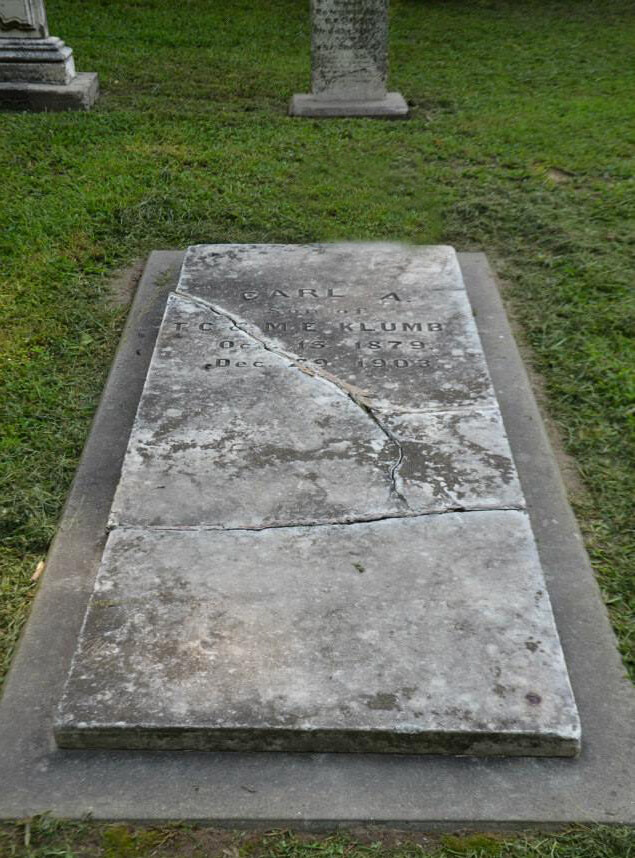Granite headstones, commonly used as grave memorials, are revered for their durability, elegance, and timeless beauty. However, over time, these granite monuments can undergo a transformation that raises questions among caretakers and loved ones – the development of a blackened appearance. In this article, we will explore the reasons behind the blackening of granite headstones, how to properly clean them, and the role of gravestone manufacturers in addressing this issue.
-
Causes of Granite Headstone Blackening:
a. Environmental Factors: One primary cause of granite headstone blackening is exposure to environmental elements. Acid rain, pollutants, and biological organisms such as algae and lichen can contribute to the discoloration of the stone’s surface.
b. Oxidation of Minerals: Granite is composed of various minerals, and over time, exposure to air and moisture can lead to oxidation. This natural process can result in the darkening of minerals within the granite, contributing to the blackened appearance.
c. Biological Growth: The growth of algae, moss, or lichen on the surface of the granite can create a dark, unsightly layer. This growth is often facilitated by the moisture and shade present in cemetery environments.

-
Cleaning Granite Headstones:
a. Gentle Cleaning Techniques: To maintain the integrity of granite, it’s crucial to use gentle cleaning methods. Avoid harsh chemicals or abrasive tools that could damage the stone. Instead, use a soft brush or cloth with a mixture of mild detergent and water to remove surface dirt and biological growth.
b. Biocide Treatment: To prevent the recurrence of biological growth, gravestone manufacturers recommend periodic treatments with biocides. These solutions help inhibit the growth of algae, lichen, and moss, preserving the granite’s original appearance.
c. Professional Cleaning Services: In cases where the blackening is more severe, seeking the services of professional stone cleaners is advisable. These experts have the knowledge and tools to safely and effectively remove stubborn stains without compromising the granite’s structural integrity.
-
Gravestone Manufacturers’ Role:
a. Material Selection: Reputable gravestone manufacturers play a pivotal role in the prevention of blackening by selecting high-quality granite with proper sealing properties. This ensures that the headstones are more resistant to environmental factors.
b. Educational Resources: Manufacturers can provide valuable educational resources to cemetery caretakers and families, offering guidance on proper care and maintenance. This includes information on suitable cleaning agents, frequency of cleaning, and preventative measures.
c. Innovation in Materials: Advancements in gravestone manufacturing technology can lead to the development of granite variants that are more resistant to environmental degradation. This can contribute to longer-lasting and more resilient memorial structures.
Understanding the reasons behind the blackening of granite headstones is crucial for maintaining the aesthetic and sentimental value of grave memorials. By adopting proper cleaning techniques, seeking professional assistance when needed, and working closely with gravestone manufacturers, caretakers can ensure that these enduring monuments stand the test of time, preserving the memories of loved ones for generations to come.
Similar articles:
Why do we bury the dead 6ft under?
What are the Catholic rules for headstones?
How do you make a grave for a dog?
